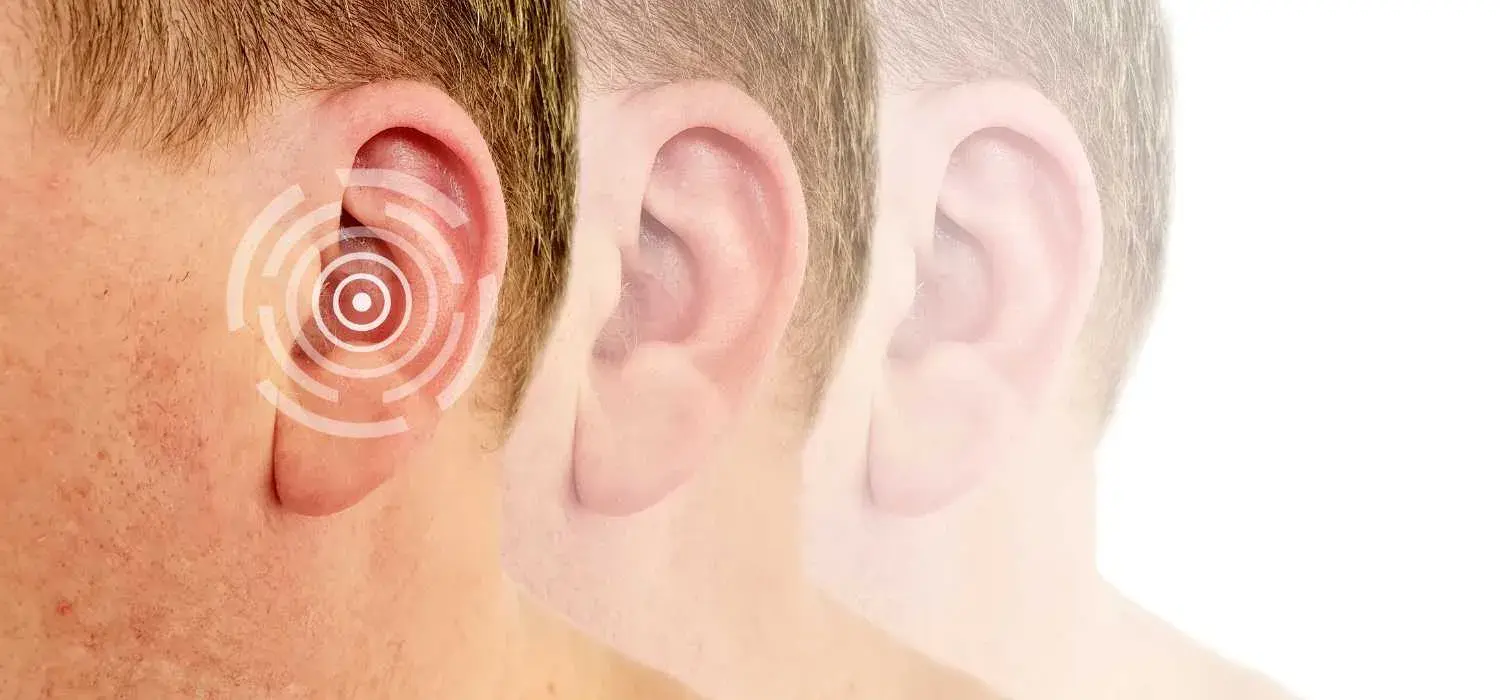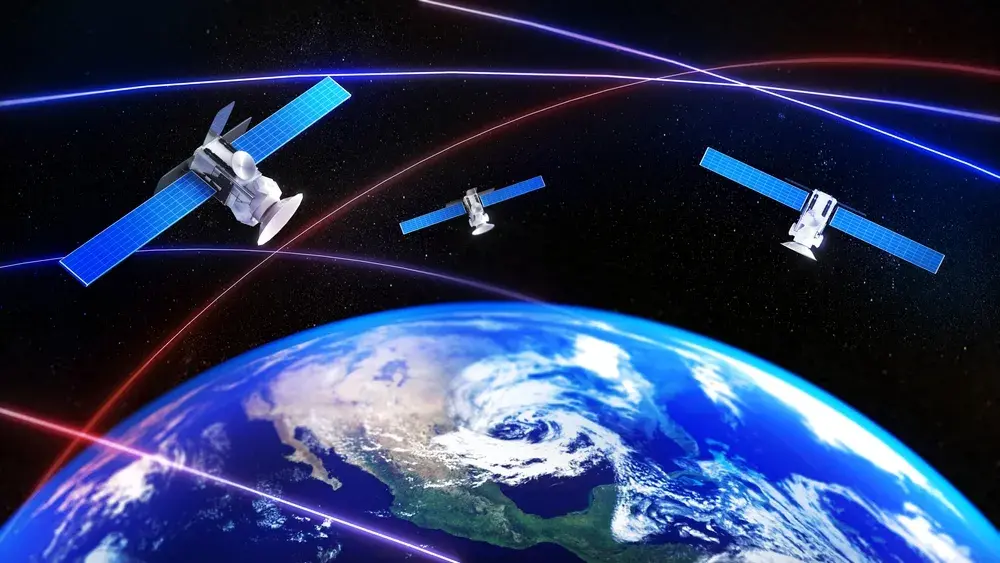Over the past 2 decades, the connected devices market has revolutionized daily life. With more than 55 billion connected devices forecast by the end of 2024, it’s evident that these technologies touch almost every aspect of our lives—from mobile devices and wearables to smart homes and industrial applications.
Andrew Zignani
Recent Posts
Why Device Manufacturers and Chipset Vendors Are Increasingly Supporting Multi-Protocol Connectivity
Nov 6, 2024 12:00:00 AM / by Andrew Zignani posted in Wi-Fi, Bluetooth & Wireless Connectivity
How Bluetooth® Auracast™ Will Revolutionize Audio Experiences
May 16, 2024 12:00:00 AM / by Andrew Zignani posted in Wi-Fi, Bluetooth & Wireless Connectivity
One of the most exciting capabilities of Bluetooth® Low Energy (LE) audio is Auracast™ broadcast audio. Have you ever had trouble hearing a flight announcement at the airport? Or wish you could hear the audio on a muted TV while using a treadmill at the gym? Auracast™-supported transmitters can address pain points like these by sending direct-to-ear audio signals to an unlimited number of nearby users. Not only will Auracast™ unlock new audio-sharing experiences for mainstream consumers, but the technology will improve the quality of life for hearing aid users. With Auracast™, people who require assistive listening devices can tune into a low-latency broadcast using their own personal device instead of needing a Radio Frequency (RF)-capable device provided to them from the venue.
Where Does Bluetooth® Fit Into the Industrial Digitalization Picture?
Feb 1, 2024 12:00:00 AM / by Andrew Zignani posted in Wi-Fi, Bluetooth & Wireless Connectivity
Digital transformation is synonymous with the widespread use of connected devices (Industrial Internet of Things (IIoT) within an industrial environment. In many cases, enterprises will seek to enable connectivity of these IIoT devices with low-cost, low-powered solutions capable of being deployed at scale. For these reasons, Bluetooth® technology is increasingly essential in digitalizing factories, warehouses, smart buildings, farms, hospitals, retail stores, mining sites, and other enterprise settings. The wireless technology facilitates various industrial applications by providing short-range communication capabilities. ABI Research forecasts more than 600 million annual shipments of Bluetooth®-enabled industrial devices by 2028, nearly a six-fold increase from 2022.
A Retailer’s Guide to Electronic Shelf Labels (ESLs)
Oct 24, 2023 12:00:00 AM / by Andrew Zignani posted in Wi-Fi, Bluetooth & Wireless Connectivity
One key challenge retailers face is inaccurate pricing on product shelf labels. If one of your customers expects a product to cost US$4.99, but learns upon checkout that the actual price is US$9.99, how do you think they will respond? Some customers might shrug it off and not think twice about it; however, most will be left with a bad taste in their mouth and perhaps lose their brand loyalty. Retailers are increasingly adopting Electronic Shelf Labels (ESLs), replacing traditional paper labels to prevent this scenario. While ESLs have existed for years, the installed base is low. Newer connectivity technologies are unlocking far more value for retailers beyond dynamic pricing, spurring greater demand for ESLs in a post-COVID-19 world.
An Elaborate Rundown on Bluetooth Low Energy (LE) Audio
Mar 2, 2023 12:00:00 AM / by Andrew Zignani posted in Wi-Fi, Bluetooth & Wireless Connectivity
A groundbreaking development is at the intersection of audio and technology that promises to shape the industry in profound ways. Enter Bluetooth Low Energy (LE) Audio, a game-changing advancement set to redefine the audio landscape. Beyond its notable enhancements in power consumption, latency, and audio quality, LE Audio brings a new era of standardization, enabling market categories like true-wireless headsets and hearables to flourish. It also presents an opportunity for Bluetooth wireless Integrated Circuit (IC) vendors to capitalize on this expanding market segment.
What Technological Solutions Make High-Precision GNSS Possible?
Sep 8, 2022 12:00:00 AM / by Andrew Zignani posted in Location Technologies
One of the key trends emerging in the Global Navigation Satellite System (GNSS) industry is the advancement of high-precision GNSS, which is capable of delivering centimeter-level accuracy. Some of the applications where high-precision GNSS solutions are being used include automotive, commercial Unmanned Aerial Vehicles (UAVs), precision agriculture, surveying, robotics, and heavy machinery navigation. To deliver high-precision GNSS location positioning, implementers and solution providers must seriously pay attention to chipset diversification, the application of corrective services like Real-Time Kinematics (RTK), and sensor fusion.





